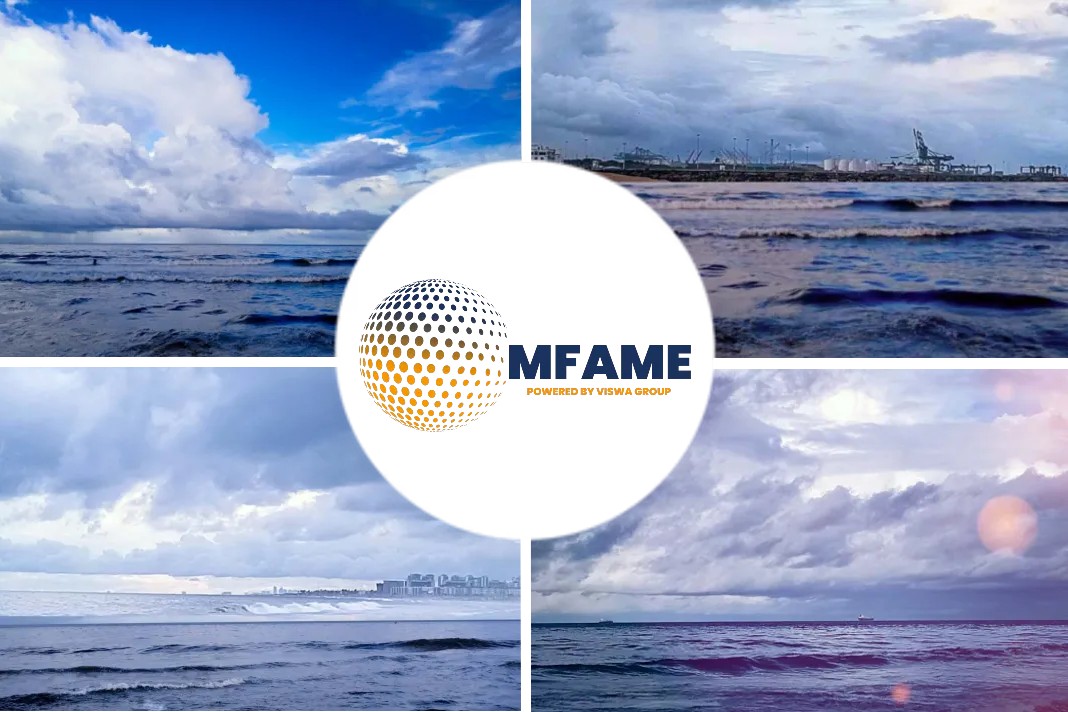
The FIT Alliance, established by five founding members with the aim of promoting digitalization and standardizing electronic bills of lading (eBL), has recently introduced the eBL Declaration, says an article published on bimco website.
Overview Of The FIT Alliance And eBL Declaration
BIMCO Perspective:The FIT Alliance is a unified approach to trade digitalization, unifying industry stakeholders, including ICC, DCSA, FIATA, and Swift, besides BIMCO. The eBL Declaration urges stakeholders to endorse digitalization, commencing with eBLs, fostering a collaborative effort to drive transformation across industries.
DSI Viewpoint: The eBL Declaration calls for public support to drive digitalization, starting with eBLs, and promotes a broad collaboration to bring about this transformation within respective industries.
Benefits for Gafta Members
Advantages Stressed by BIMCO: The switch to eBLs addresses issues like delayed delivery of original bills of lading, often causing challenges in the trade, leading to the issuance of letters of indemnity as a pragmatic solution. Notably, embracing eBLs provides a credible alternative using proven technological solutions.
DSI Insights: Digitalization facilitates quicker, simpler, and cost-effective trade operations, especially benefiting small businesses aiming to expand globally. Moreover, digitalization helps to collect, share, and leverage crucial data for financing, potentially bridging the trade finance gap.
Rationale For Delayed Industry Adoption And Current Shift
Unified Approach Highlighted by BIMCO: The difference now lies in the joint effort of industry organizations working together toward unified standards and free usage. This facilitates interoperability among eBL solution providers and their integration into other systems.
Legal Aspects Underlined by DSI: Updating laws and regulations concerning electronic transferable records has been crucial. Aligning domestic laws with UNCITRAL Model Law on Electronic Transferable Records and recent enactments like the UK’s Electronic Trade Documents Act have propelled industry progress.
Digitalization In Agricultural Commodities Trade And Future Outlook
BIMCO’s Observation: Though some progress has been made in digitalization within the agricultural sector, paper-based bills of lading persist. Sectors like iron ore and steel have already seen substantial eBL adoption, with further growth anticipated.
Plans for Additional Document Digitalization Highlighted by DSI: The goal is to release a globally interoperable data and standards map covering all key trade documents, including Certificates of Origin and phytosanitary certificates by 2024.
Initiating The Digitalization Journey For Gafta Members
DSI’s Advice: Joining the movement involves signing the eBL Declaration and engaging with like-minded signatories. Active participation is vital and can significantly impact the entire supply chain.
BIMCO’s Recommendation: Companies should prioritize discussions on digitalization within their organization and leverage resources like the Complete Guide to eBL Adoption for Bulk Trades issued by the FIT Alliance. Moreover, direct engagement with industry bodies is encouraged.
Concluding Insights To Encourage Gafta Members To Embrace Digital Transformation
BIMCO’s Perspective: Embracing eBLs enhances safety, speed, and environmental sustainability, reducing fraud risk, process times, and carbon footprints, making it advantageous not just for businesses but also for the planet.
DSI’s Advice: Digital transformation offers increased visibility, agility, and resilience, especially during uncertain times. Businesses that embrace digitalization stand to thrive, whereas those hesitant to change risk lagging behind.
The FIT Alliance’s eBL Declaration stands as a pivotal movement, urging industry players to embrace digitalization for enhanced efficiency, reliability, and sustainability across global trade and shipping.
Did you subscribe to our daily newsletter?
It’s Free! Click here to Subscribe!
Source: bimco
















